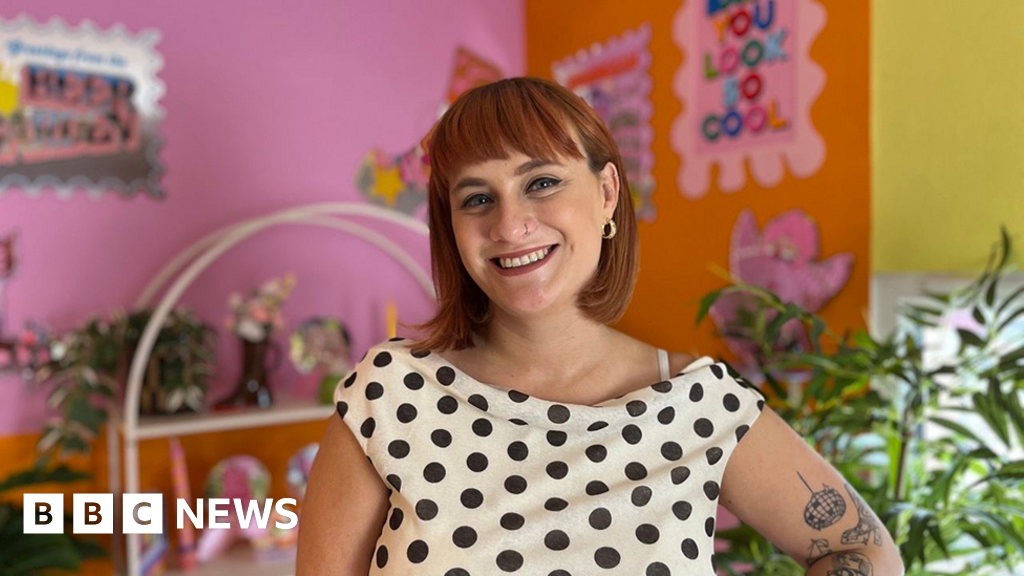Jennifer McKiernanPolitical reporter
Peers in the House of Lords have been reminded their job is to scrutinse, rather than block, the assisted dying Bill.
MPs backed the Terminally Ill Adults Bill by a majority of 23, which means the legislation has been passed in principle and is now being examined before it likely becomes law.
The red benches in the Lords were packed with a record number of requests to speak as two days of consideration began, with the Labour MP who introduced the BIll to the Commons, Kim Leadbeater, watching from the gallery.
Outside Parliament, demonstrators for and against the plans made their views known as the Bill progresses towards potentially comes into force in England and Wales.
The former justice secretary Lord Charlie Falconer, who is the sponsor of the Bill in the Lords, branded the current legal situation "confused", causing "terrible suffering" and lacking "compassion and safeguards".
Lord Falconer reassured peers there would be "more than enough time" for scrutiny before the current Parliamentary session neded next spring and that he was "very open" to suggestions for how the Bill could be "further strengthened and improved".
However, he reminded his colleagues the Bill had already been passed by MPs and the House of Lords should "respect the primacy of the Commons", instead of trying to block the plans.
"We must do our job in this House, and our job is not to frustrate, it is to scrutinise," he said.
As debate began, Conservative peer Lord Forsyth of Drumlean told colleagues he had changed his mind on the issue after his father, who " died in agony" from cancer, said his son was to blame for not allowing him to end his suffering.
"I was completely poleaxed by that," he said, adding his father told him "because you have consistently voted to prevent me getting what I want which is having the opportunity to decide how and when I come to die".
"As a Christian I have thought about that long and hard, and come to the conclusion that my father was right," he added.
Former prime minister Theresa May spoke in opposition, saying she did not believe the Bill has good enough safeguards to prevent people from being pressurised to end their lives.
Baroness May of Maidenhead said she also worried about knock-on effects around normalising deaths by suicide for people who feel their life is "less worth living than others".
"I worry about the impact it will have on people with disabilities, with chronic illness, with mental health problems," she said.
"Because there is a risk that legalising assisted dying reinforces the dangerous notion that some lives are less worth living than others, and again as we have seen in other countries, once a law like this is passed, the pressure then grows to extend the scope of it."
Warning of the risk of medical cover-ups, Baroness May said she had a friend who calls it the "license to kill Bill".
But in her view the legislation would be "an assisted suicide Bill", she said, adding: "Suicide is wrong, but this Bill, effectively, says suicide is okay. What message does that give to our society?"
Sign up for our Politics Essential newsletter to read top political analysis, gain insight from across the UK and stay up to speed with the big moments. It'll be delivered straight to your inbox every weekday.
.png)
 3 months ago
10
3 months ago
10








 English (US) ·
English (US) ·